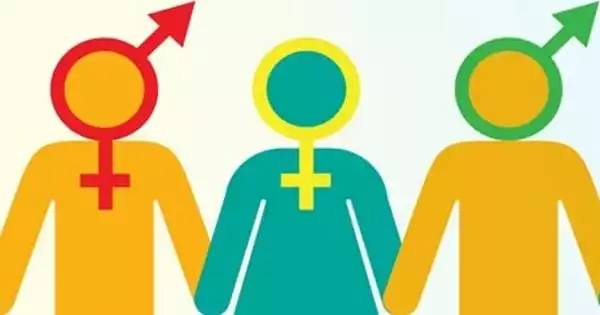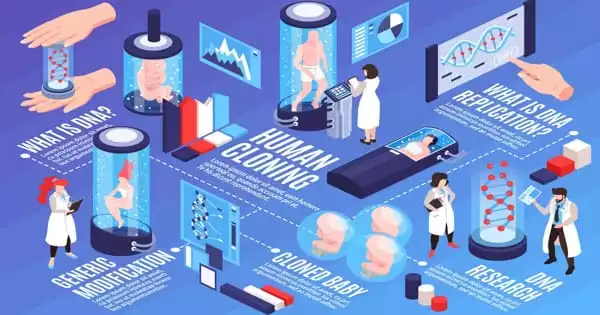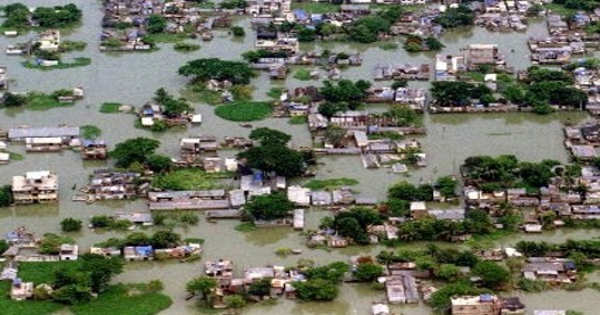Sex education is taught in schools to help boys and girls understand the relevance of sex-related issues and health. It is also thought that society and people should be well-informed about sexual behaviors, sexual abuse on children, and sexually transmitted diseases.
It is commonly recognized that schools play key roles in training children and adults on proper sex education. Despite the fact that research shows that sex education in schools helps to prevent youngsters from experimenting with sex and sexual activity. Most sex education programs recommend most teenagers to utilize protection when engaging in any sexual act.
“In India, publicly discussing sex is frowned upon and frowned upon in society. Despite the fact that there are a substantial number of HIV/AIDS patients, sex—both the word and the subject—is taboo in many parts of the country and is not freely discussed.” The rising number of cases of child abuse in sex-related offenses has pushed society to the brink of a perverted condition with no end in sight. Small youngsters from 5 to 10 are being enticed with toffees and sweets and manipulated by mad minds.
With adolescents becoming increasingly prone to drug and sexual abuse, the significance of sex abuse is growing. There is a lack of an awareness system, and adults’ accountability to children fails miserably. These are some of the critical concerns at hand, which may be saved and addressed if good sex education is provided to the youth.
In India, there is no agreement on incorporating sex and reproductive health education into school and college curricula. With almost 4.5 million people infected with HIV, the virus that causes AIDS, India has become the world’s second-largest AIDS hotspot. That is, despite the fact that India has the second-largest HIV population after South Africa, a taboo on openly discussing sex has guaranteed that sex education is not taught in schools, and individuals, particularly women, are hesitant to seek treatment for sexually transmitted diseases. What a pitiful plight!
Most parents are hesitant to discuss the topic with their children, as well as other similar issues. And in schools, children are only taught the fundamentals, such as biological differences between boys and girls, reproduction, and so on. In general, schools are attempting to make youngsters aware of such ills as drug addiction, drunkenness, and other dangerous activities. Topics such as puberty sexual changes, substance misuse, myths about a child’s reproductive growth, and sexually transmitted diseases are not covered in the school curriculum.
Sex education is also a tool for respecting a partner, a wife, a husband, a boyfriend, a girlfriend, and sexual preferences. An assessment of 35 sex education initiatives undertaken by the World Health Organization (WHO) in 1993 found that sex education in schools did not promote young people to have sex at an earlier or more frequent age, contrary to what so-called moralists claim. Importantly, the poll found that early sex education postpones the onset of sexual engagement, reduces sexual activity among young people, and encourages those who are currently sexually active to have safer sex.
When it comes to sex, there are no right or wrong answers, and every question, no matter how private, must be answered. This proactive strategy would undoubtedly reduce the frustrations and aggressions associated with sexuality among young people.
The issue of sex is a sensitive one that most parents are hesitant to bring up with their children. When sex is mentioned at home or school, many parents and teachers like to put an end to children’s curiosity by telling them they are too young to know about it. According to experts, this hesitation or phobia to teach youngsters about sex arises from a fear that teaching it at such a young age will have negative implications for the children. Many parents also think that sex, as a subject, is only meant for adults and would make children morally corrupt.
















